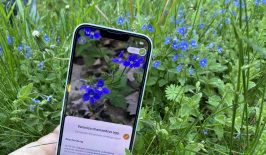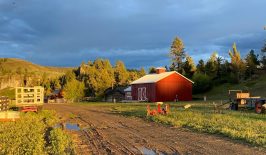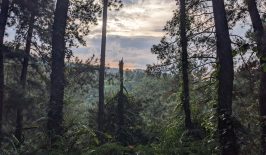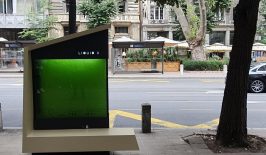The climate clock is ticking louder every year but policymakers are still only taking mini steps toward climate protection. Even the current energy crisis may not spur the switch to renewable energies, with climate targets once again put on the back burner.
The solution? More political pressure to finally get the urgently needed socio-ecological transformation underway. At the same time, we have many opportunities to take matters into our own hands. How? By starting our own energy transition.
But how can citizens join forces on the path to 100% renewable energy? What is possible on the neighbourhood level? Which digital tools can support the effort and what’s the best way to use them? What political and legal hurdles need to be overcome?
These are the questions we will discussing with experts at Bits & Bäume 2022 in Berlin on Saturday, October 1st at 12:10 pm.
Joining us on stage will be:

Astrid Aretz, research associate at the Institute for Ecological Economy Research (IÖW) since 2005. Astrid has been working for many years on issues related to renewable energies, citizen energy, and the digitalisation of the energy transition.
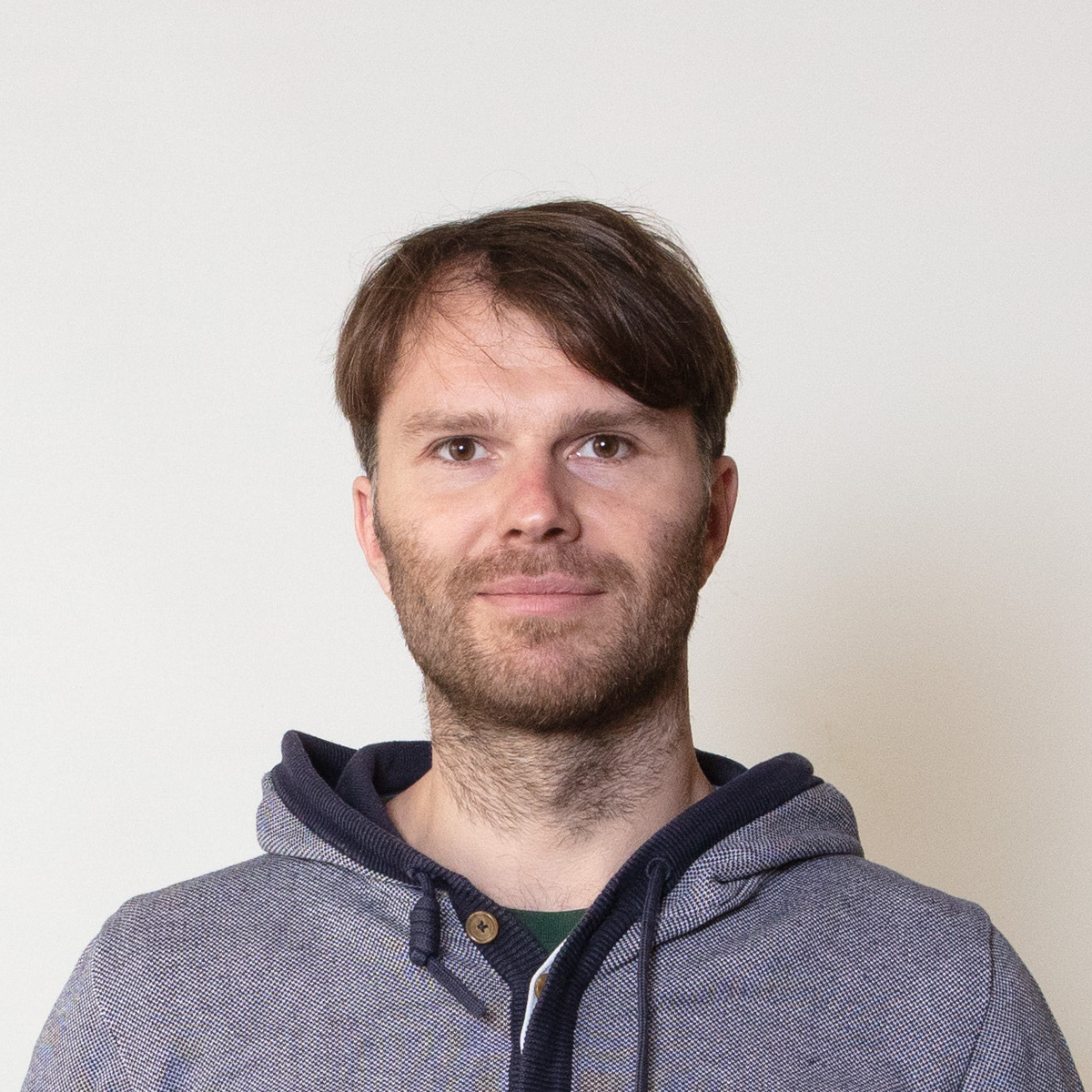
Christoph Rinke, board member of BürgerEnergie Berlin. BürgerEnergie Berlin is an association of citizens who are committed to a viable, sustainable, and democratic energy policy in the German capital.

Frieder Rabl, Project Manager at A2EI. A2EI aims to advance solar energy in countries of the Global South with open-source data and on-site research and analysis of solar solutions and software platforms.
So come along and join our discussion on how to successfully create an energy transition in your neighbourhood.
The program for Bits & Trees 2022 is packed with exciting presentations on all topics related to digitisation and sustainability – definitely worth visiting throughout the weekend.
Tickets are on sale until September 20 – get yours now!

